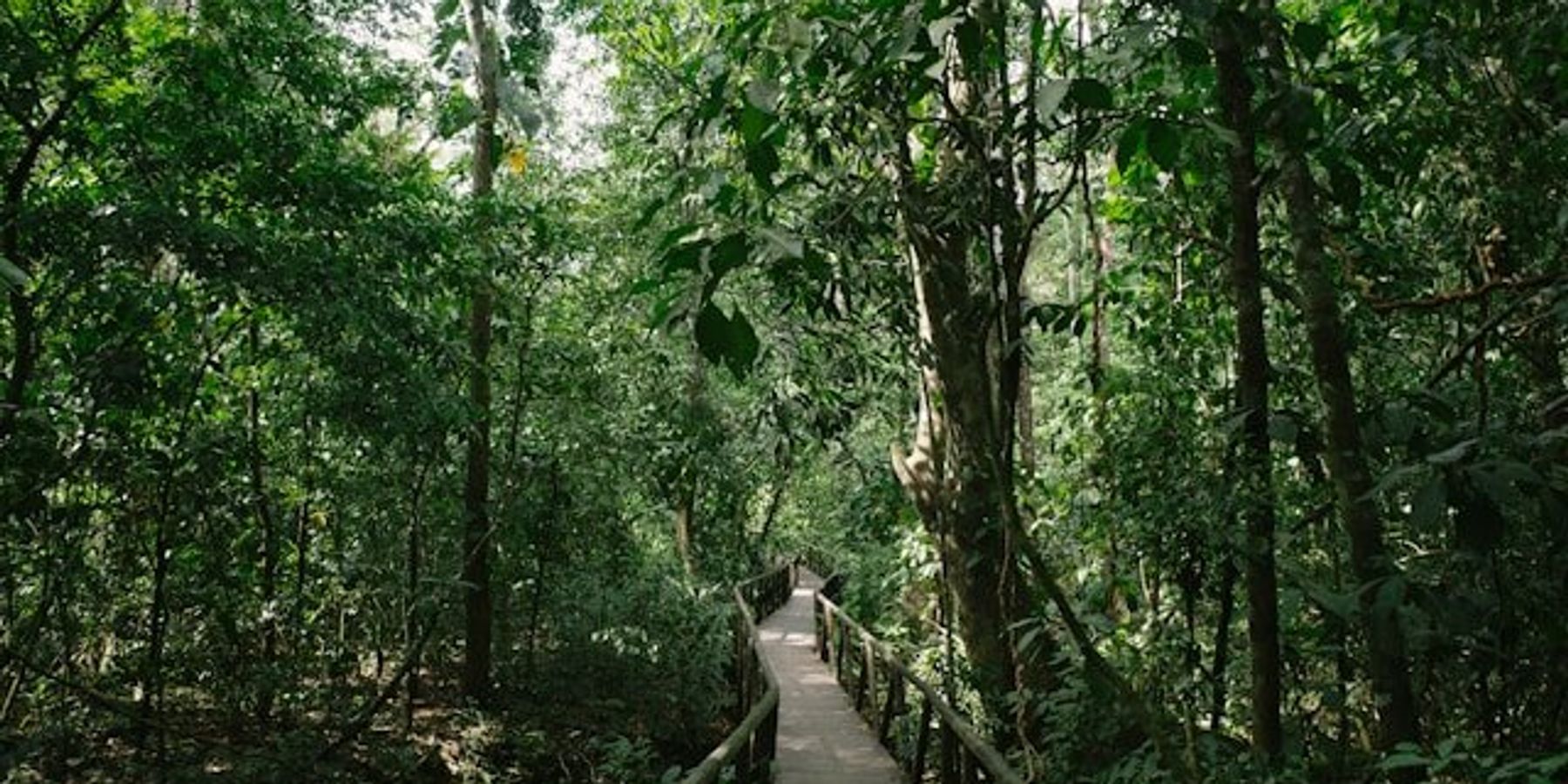
Vietnam eases forest safeguards as Phú Quốc resorts replace national park trees
A wave of development approvals since last year is stripping protected forest from Phú Quốc Island and displacing its fishing communities as provincial authorities pick investment over conservation.
In short:
- Phú Quốc has 286 tourism and real estate projects covering 9,600 hectares, and officials have approved conversion of more than 180 hectares of mostly special-use forest since July 2024.
- A 2024 land-law overhaul lets provinces approve forest conversion for industry, resorts, and urban zones without National Assembly review, sharply accelerating approvals nationwide.
- The Cityland resort alone will erase 57.7 hectares inside Phú Quốc National Park and force 508 families to relocate, many of whom call state compensation inadequate.
Key quote:
“I am not opposing the government. They say this project will help develop the local economy and improve people’s lives, but the local authorities are acquiring people’s land with very low compensation to hand it over to private company."
— Huỳnh Ngọc Vân, Rạch Tràm resident
Why this matters:
Vietnam’s tropical forests hold some of Southeast Asia’s last refuges for hornbills, pangolins, and old-growth melaleuca swamps that filter water, temper storms, and lock away carbon. When provincial officials convert that canopy to asphalt, species lose habitat, coastal villages surrender natural flood barriers, and air quality drops as wood is burned or milled. Tourism compounds the strain, draining aquifers and spilling plastic and wastewater into the Gulf of Thailand. By classing tree plantations and degraded scrub with intact forest, the law masks biodiversity loss and encourages paper gains in “cover” while real forests vanish. Phú Quốc’s trajectory demonstrates the challenges facing rapidly urbanizing islands across the global South.
Related: Millions in Vietnam still suffer effects of Agent Orange 50 years after war's end













